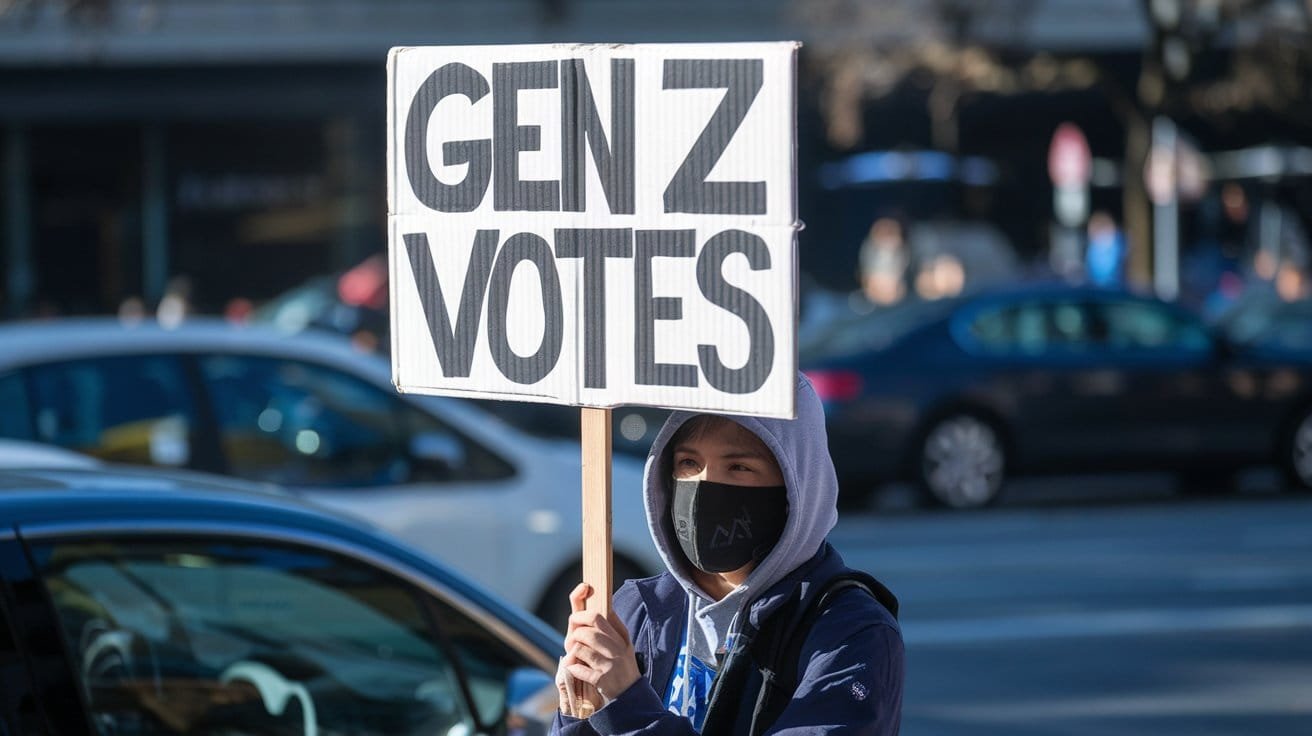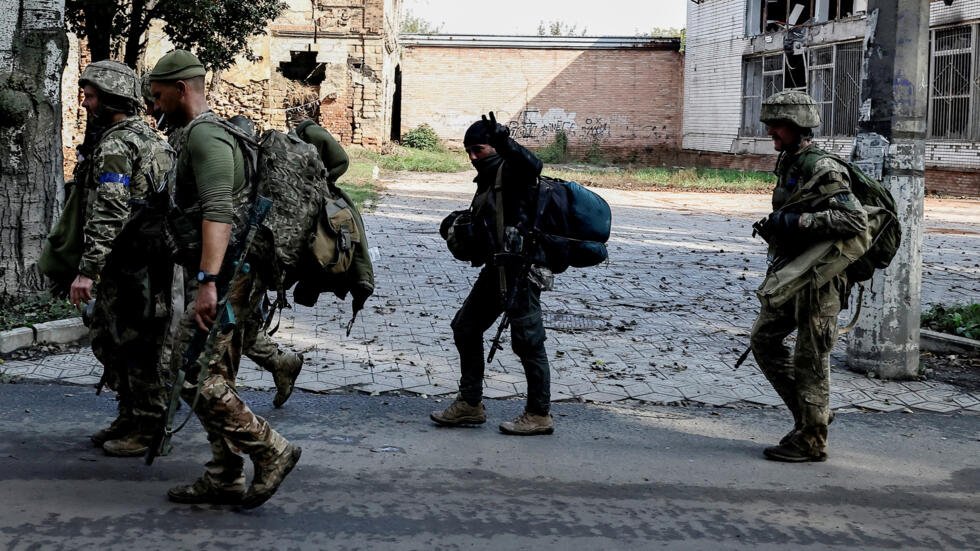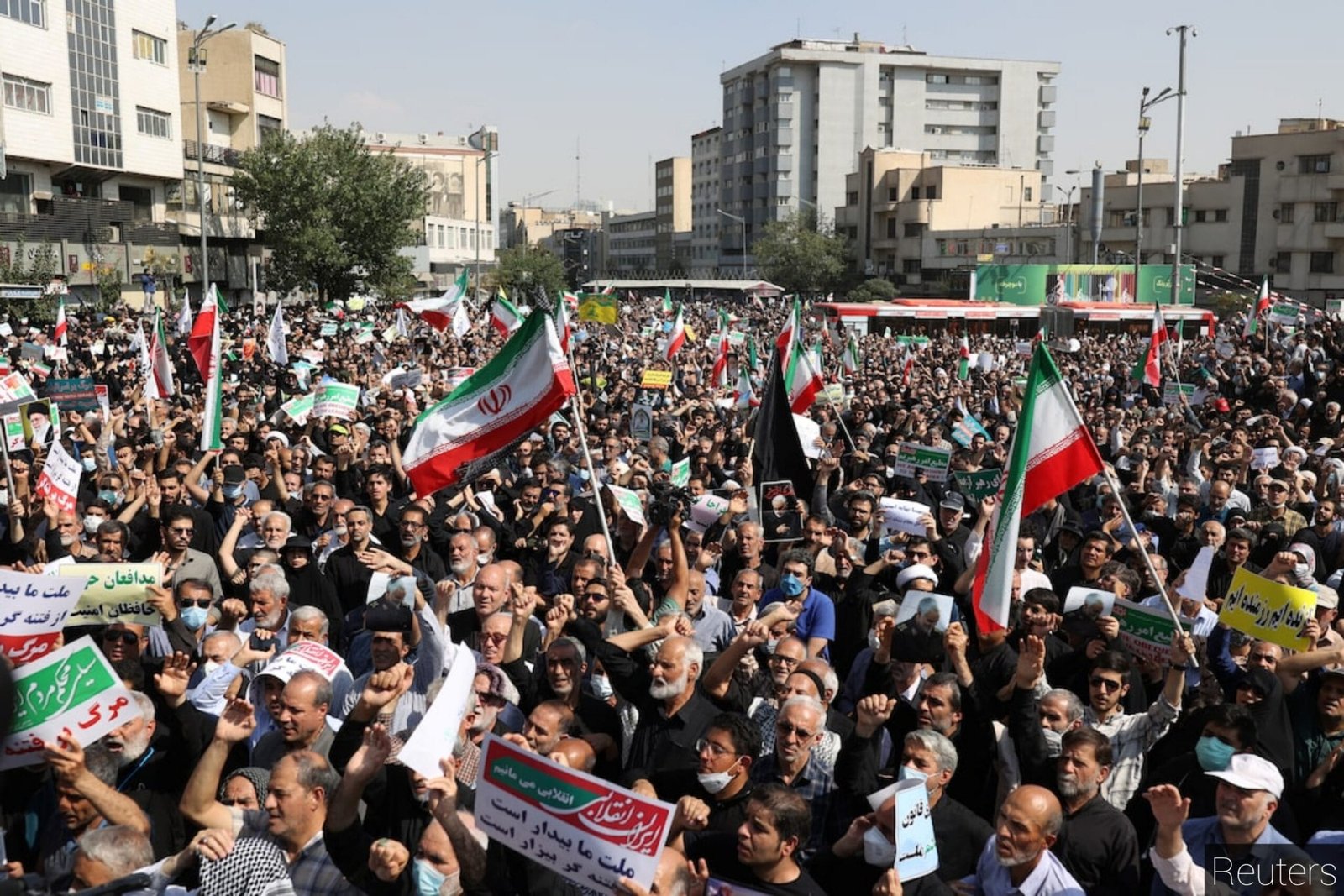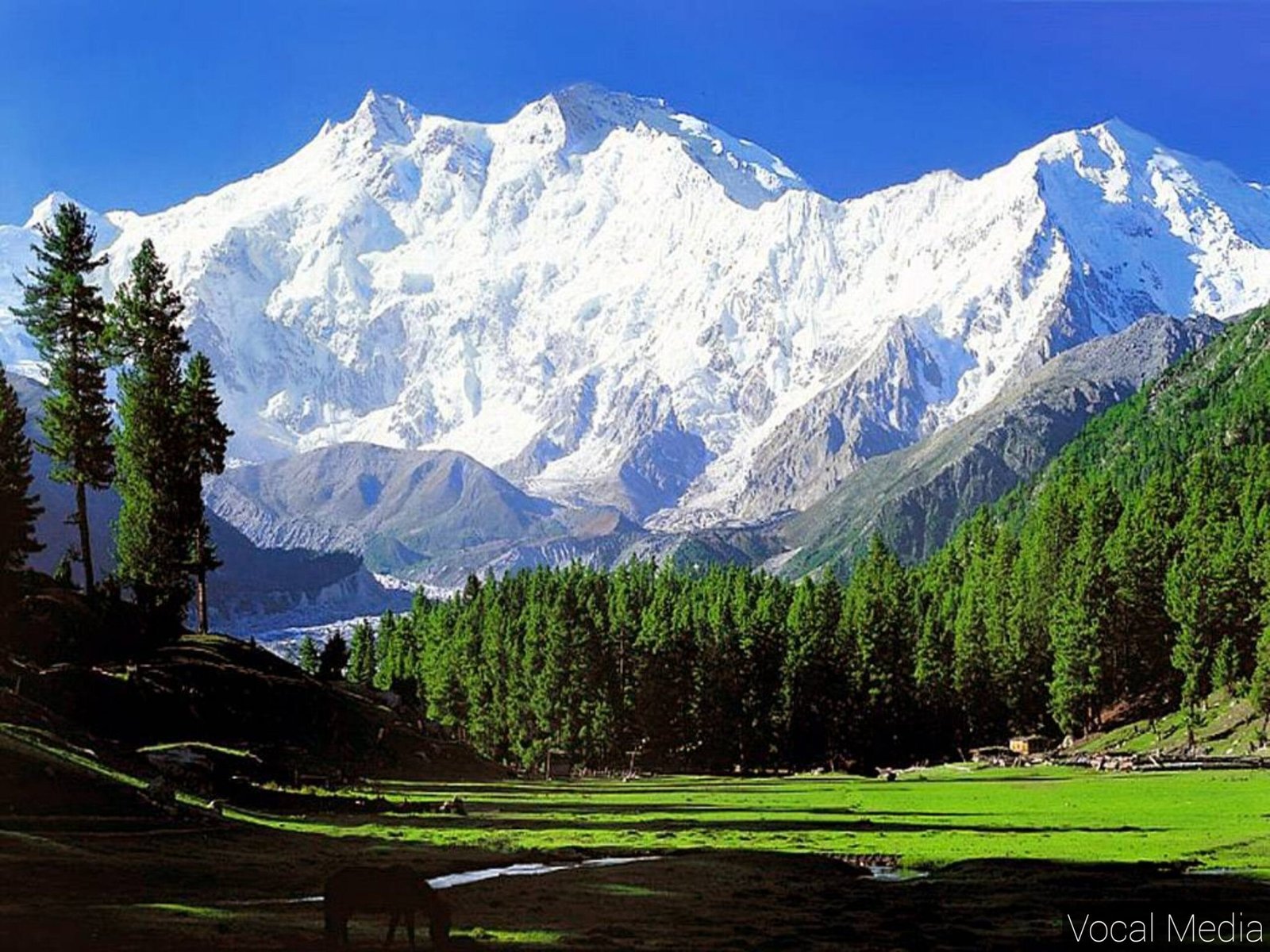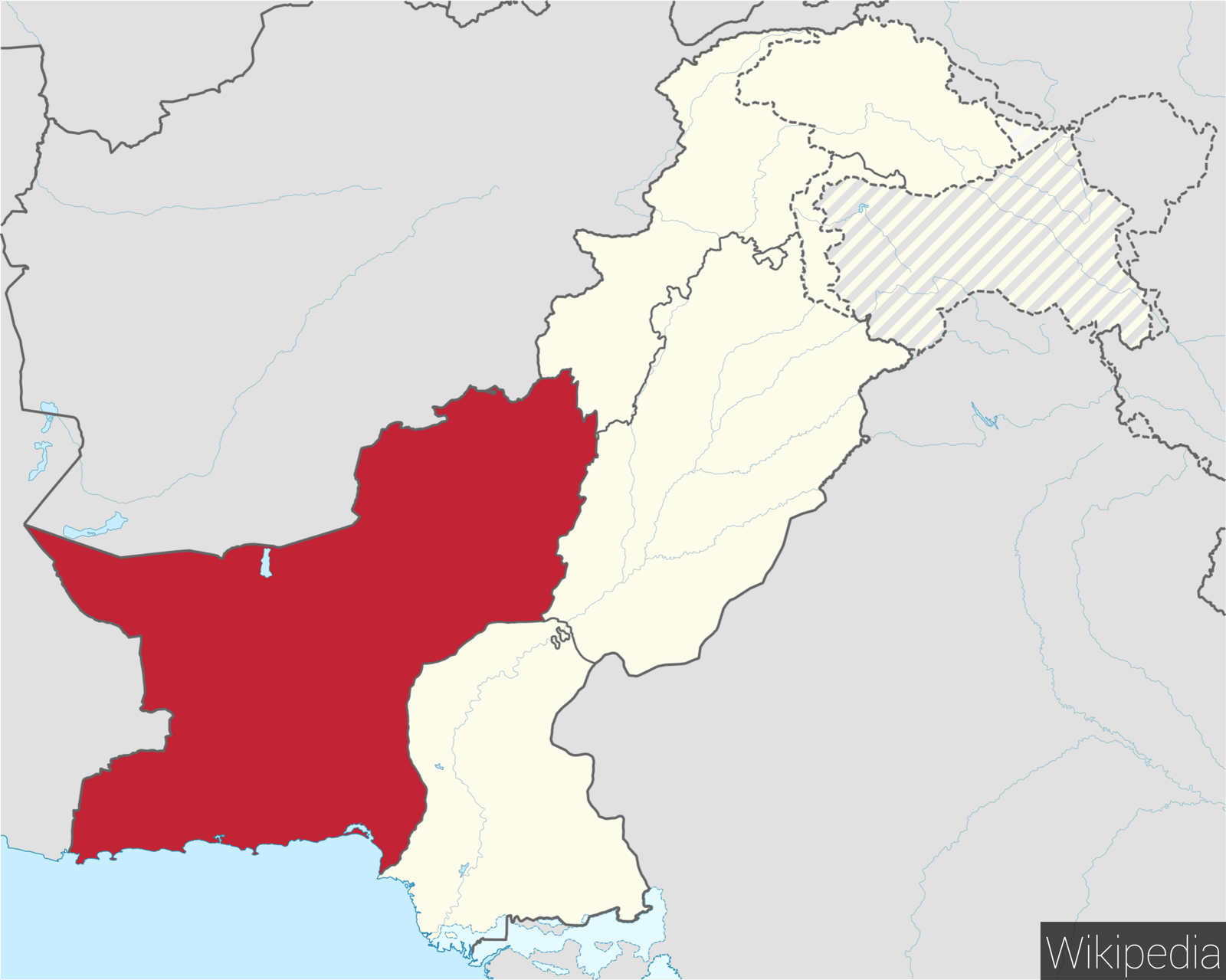
Table of Contents
Historical Context of the Conflict
The Russia-Ukraine war began because of events that started after the Soviet Union broke apart in 1991. This event changed the power map of Eastern Europe. After becoming independent, Ukraine started to build its own national identity and wanted to grow as a strong country. But many Russians still believed Ukraine was an important part of their history and culture. This idea created tension and helped lead to future conflicts.
In 2004, the Orange Revolution happened because of cheating in the presidential election. It showed that Ukraine wanted democracy. It also showed the country’s split views. People in the east supported Russia, while people in the west wanted to join Europe. These differences stayed strong during the war and affected how people thought and how leaders made decisions.
In 2014, Russia took control of Crimea, which made the fight much worse. This happened after the Euromaidan protests in Ukraine, which removed the pro-Russian president, Victor Yanukovych. Russia used this unrest to act quickly. A vote was held that showed high support for joining Russia, but it was very controversial. Russian soldiers moved in fast. Ukraine and many other countries called this action illegal. Because of this, Russia faced many punishments, called sanctions, against its companies and leaders.
At the same time, pro-Russian groups in Donetsk and Luhansk said they were now independent. This started a violent and long-lasting war in Eastern Ukraine. The situation became more difficult because of Russia’s goal to keep power near its borders. To really understand the Russia-Ukraine war, people need to know about these past events. These moments help explain why the war started and why it is so hard to solve.
Current State of the War
The war between Russia and Ukraine has now reached a very serious point. Both sides are changing their plans as the fighting continues. Ukraine has been trying hard to take back land that Russia had captured earlier. Big battles have taken place in the east and south, especially in cities like Bakhmut and Kherson.These battles have not only changed who controls the land but have also forced many people to leave their homes, making the humanitarian situation worse.
Ukraine’s defense has become stronger with help from other countries. Western nations have sent money and modern weapons to help Ukraine fight better. This support has helped Ukraine hold its ground and fight back more effectively. At the same time, Russia is also trying to grow its army. It is sending more soldiers and using its factories to make more war supplies. Both countries are now depending on how many troops and resources they have. This battle for supplies and people is a big part of what is keeping the war going.

There has been a clear change in how both sides are fighting. Russia is trying to keep control of important areas by building strong defense spots and using heavy weapons. On the other hand, Ukraine is using surprise attacks and hitting Russian supply routes to make them weaker. Both countries are also fighting to control more land and prove their claims. The war’s current state comes from a mix of strong fighting efforts and how each side uses its supplies. This is setting the stage for what will happen next in the war.
Potential Scenarios for Resolution
The war between Russia and Ukraine has led to many talks about how to end it. One important way is through peace talks between the two countries. Talking through diplomacy has helped solve world problems in the past, but this war is very complicated. Many countries and groups, like the United Nations, have asked both sides to talk. They want a peace deal that protects Ukraine’s land and listens to Russia’s concerns.
Another way to make peace is by creating strong agreements, called treaties. These treaties would explain the steps needed to stop the war. They would also give safety promises to both sides. But making these agreements is hard because it takes trust and a lot of talking. For these treaties to work well, they must focus on key issues. These include keeping borders safe, pulling back soldiers, and finding fair ways to solve problems. This would help build real, lasting peace.
International groups play a very important role in this situation. Both NATO and the EU want to increase punishments, called sanctions, on Russia. These may pressure Russia to change its choices. At the same time, giving Ukraine money and help to rebuild can make peace easier after the war ends.
If the war goes on too long, it could cause more people to suffer and create bigger world problems. To stop this, many countries need to work together and support peace talks. This teamwork can help both sides find an answer they can accept. As the war continues, it is clear that ending it will not be easy. It needs strong, creative ideas from everyone involved.
Impacts on Global Politics and Economy
The war between Russia and Ukraine affects more than just Eastern Europe. It also has a big impact on world politics and the economy. The fighting has changed how countries work together and who they trust in military groups. Because of the war, Europe has had to think again about its military plans. Tensions between Russia and NATO have grown stronger. Some countries that were neutral before are now joining closer partnerships to protect themselves.
The war has also hurt global trade. Ukraine is often called the “breadbasket of Europe” because it grows so much food. But its food exports have dropped a lot, and this has raised fears about not having enough food around the world. The war has also shown how risky it is to depend on Russian gas. Many countries in Europe are now looking for other energy sources. They are spending more on renewable energy, like wind and solar power. This helps keep energy prices more stable and also pushes the world to move toward cleaner, safer energy in the future.
The war has also caused serious problems for people. Millions of Ukrainians have had to leave their homes. This has led to a large number of people moving across Europe. Many countries now have to help these refugees, which puts extra pressure on their social services. It also creates hard political choices, as leaders must balance helping others with taking care of their own people and economy.
In short, the Russia-Ukraine war affects world politics, the economy, and global power. It shows how connected countries are today. As the war goes on, all nations must keep changing their plans. They need to deal with the wide effects of this long and difficult conflict in smart and careful ways.

